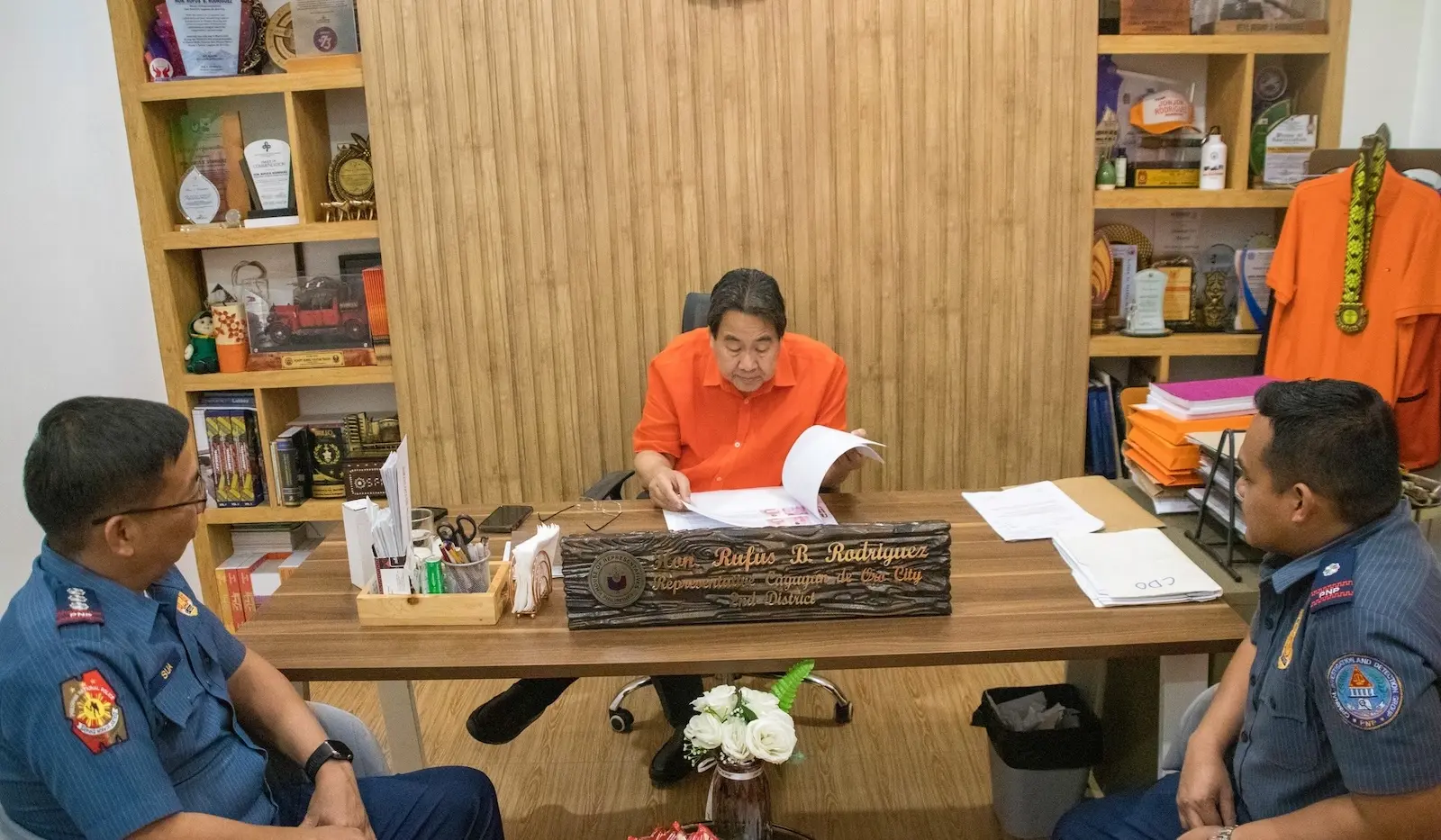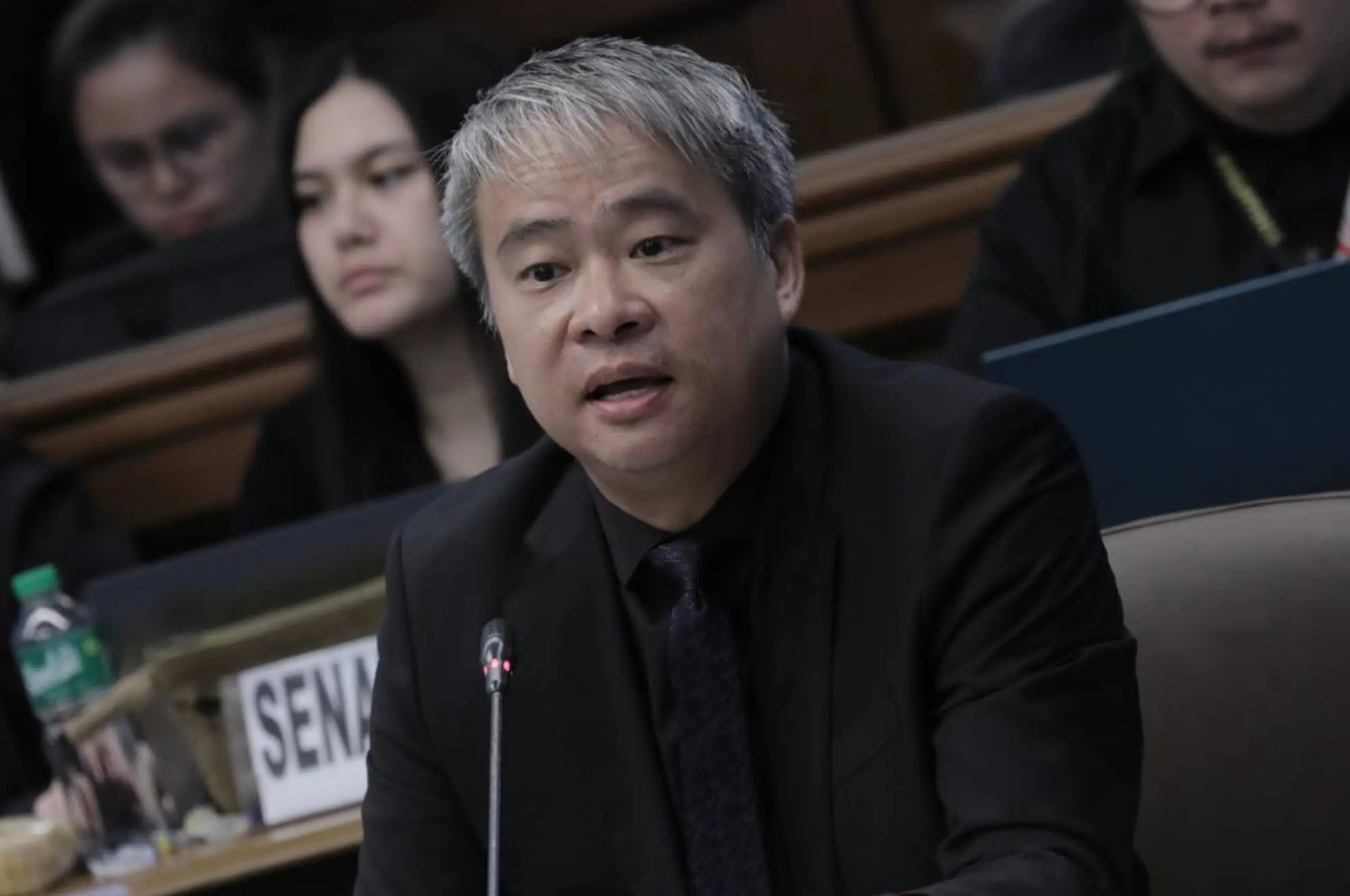Senator Joel Villanueva has filed a new bill penalizing the spread of false information and fake news, setting heavy penalties for violators.
The bill seeks to make it illegal for people to “maliciously offer, publish, distribute, circulate, and spread false news or information or cause the publication, distribution, circulation, or spreading of the same in print, broadcast, or online media.” It also proposes that violators be penalized with a maximum prison term of five years and a maximum fine of P5 million pesos.
Under the bill, those aiding and abetting the spread of fake news may also face up to three years and pay up to P3 million. Furthermore, public officials found guilty of violating the law will have to pay double the prescribed penalties, as well as be subject to perpetual disqualification from public office.
Mass media enterprises and social media platforms that fail, neglect, or refuse to remove false news or information could also face up to 20 years in prison and pay fines between P10 million and P20 million.
Similar bills have been filed in previous congresses, but no measure tackling disinformation has been passed into law. Most of them also sought to make amendments to the existing Cybercrime Prevention Act of 2012.

The last bill to tackle disinformation in the 19th Congress was filed in May by Cagayan de Oro 2nd District Representative Rufus Rodriguez, who also aimed to create a new law on fake news, independent of the cybercrime law. The bill proposed that violators face up to 12 years in prison and pay fines of P500,000 to P2 million. Violators also included those involved in troll farm operations.
Villanueva’s bill takes a step back from Rodriguez’s harsher proposal by trimming the provided prison time, but penalties remain high.
Measures similar to the two bills have been criticized by journalists and human rights advocates, who are concerned that such legislation could lead to censorship. “The Philippines ‘false content’ bill, if passed, would make a government department the arbiter of permissible online material,” Human Rights Watch Asia legal advisor Linda Lakhdhir said of the Anti-False Content Bill of 2019. “A ‘fake news’ law would open the door for the government to wantonly clamp down on critical opinions or information not only in the Philippines, but around the globe.”
In 2022, VERA Files founder Ellen Tordesillas warned lawmakers against using the term “fake news” in legislation, as its vague definition could lead to the persecution of journalists.







